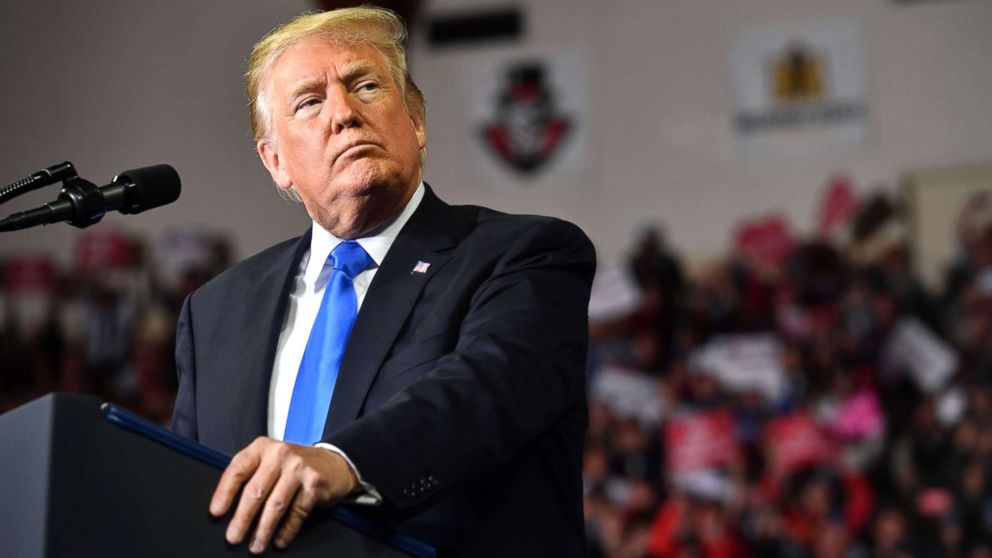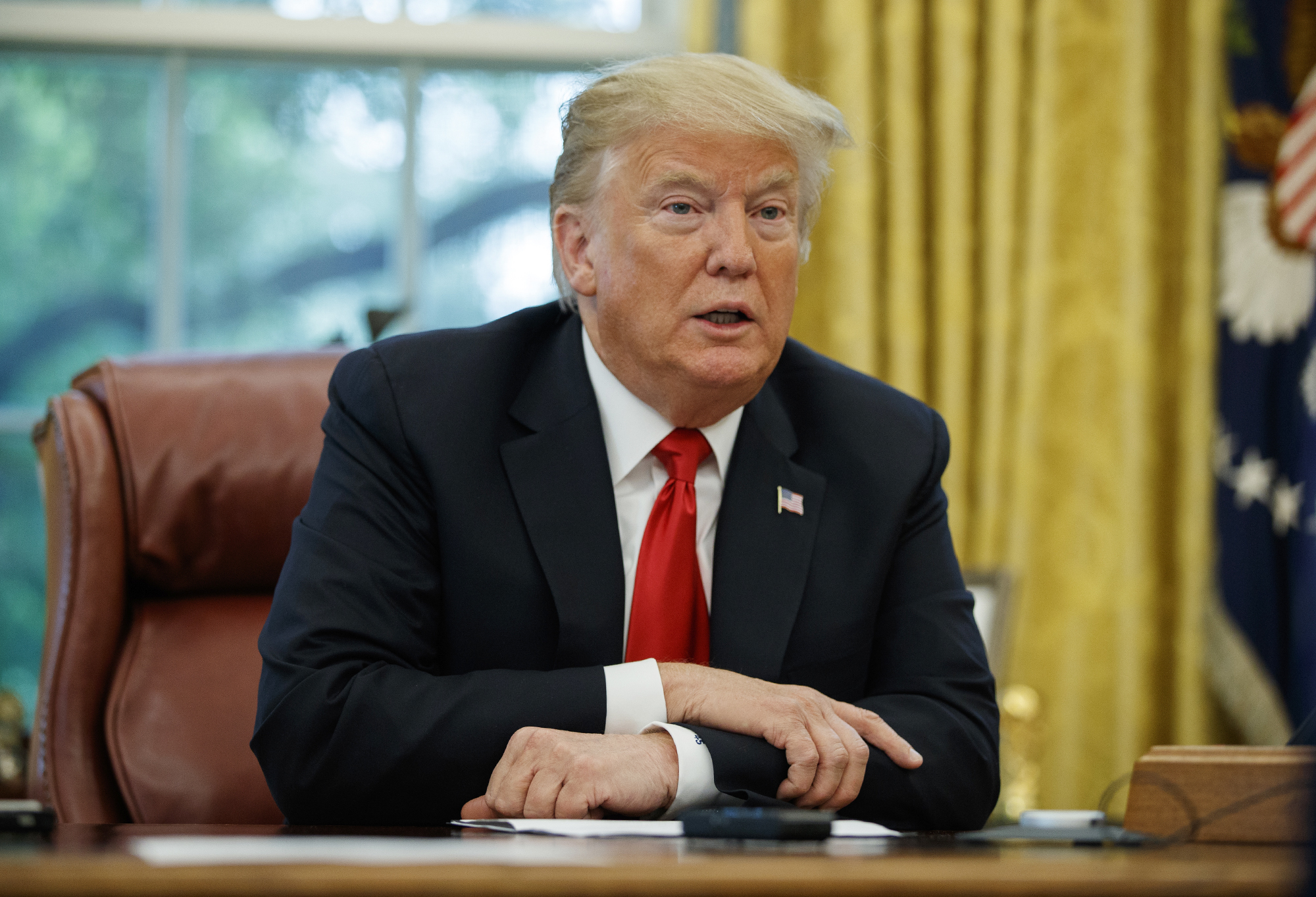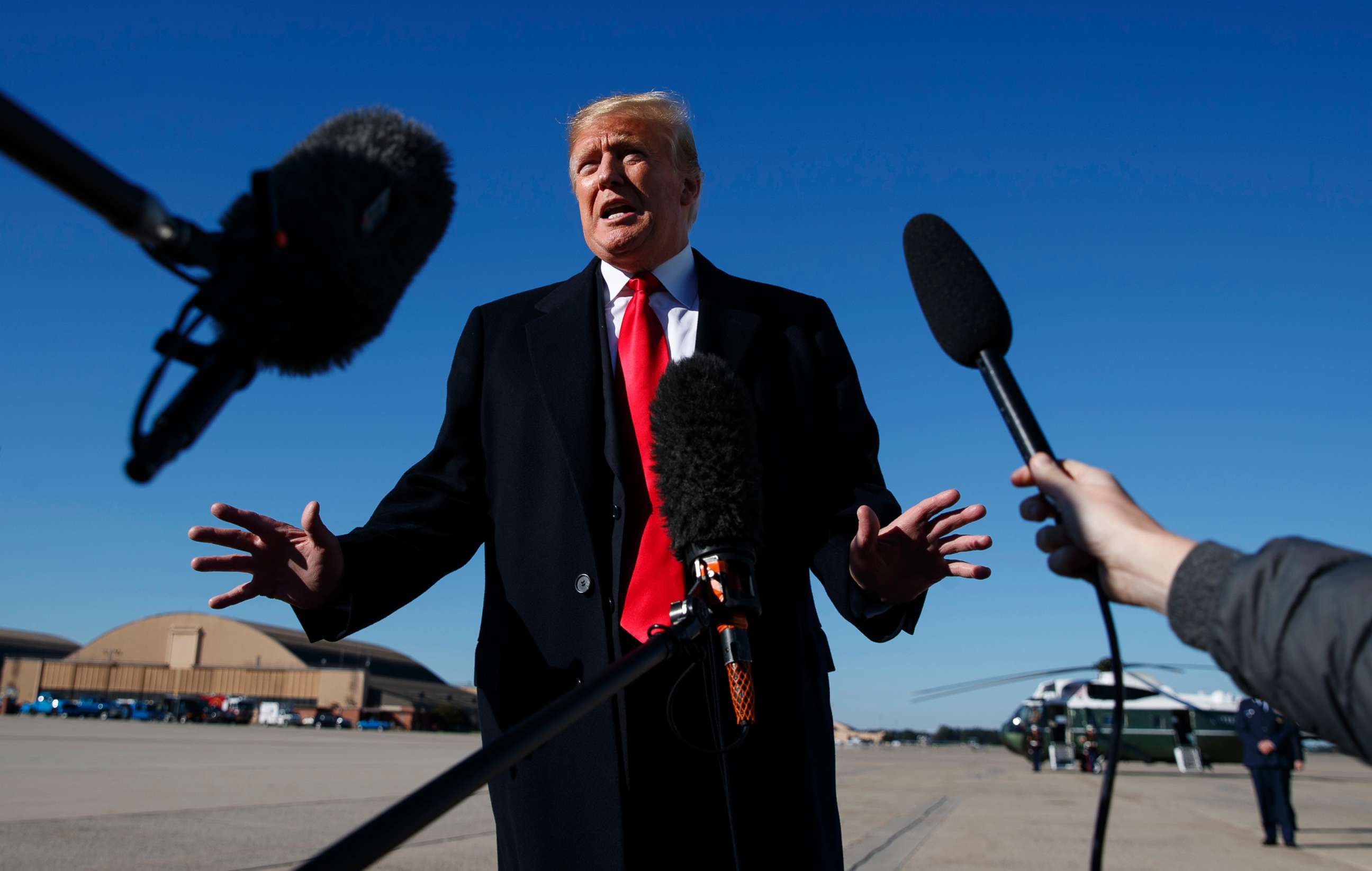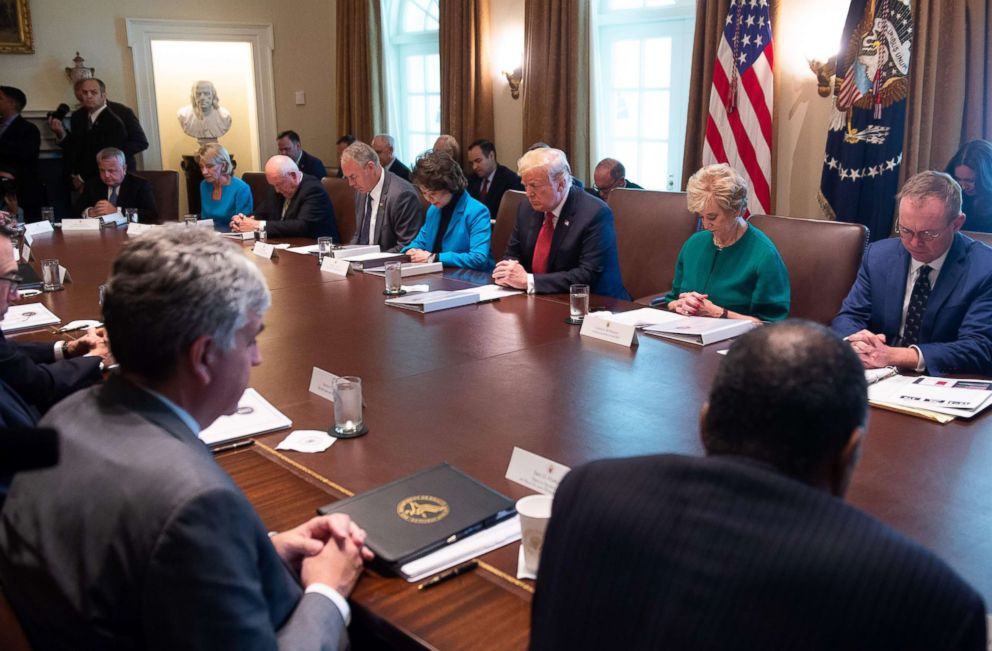Fact Check Friday: Trump on Saudi ties, pre-existing conditions, tax cuts and the deficit
The president's claim of no financial ties to Saudi Arabia doesn't stand up.

President Donald Trump's response to the apparent murder of Washington Post columnist and Saudi citizen Jamal Khashoggi has provoked a debate about the standards of moral leadership the U.S. should project to the world.
The president has seemed to struggle mightily with this question. On the one hand, he has said that if Saudi leaders knew about the killing the punishment would have to be "severe." On the other, he's also spent the better part of the week suggesting to the American public that billions of dollars in military contracts he hopes to secure with the Saudis are vastly more important than the brutal death of one man -- someone Trump has repeatedly noted is not an American citizen.
In the president's defense, his predecessors, arguably, would have come to the same conclusion ... eventually. The alliance with Saudi Arabia in the Middle East is incredibly valuable, as is Saudi investment in the U.S.
So, yes, perhaps Trump’s response so far undermines America's moral authority. But on the flip side, at least he's being honest with us up front.
Welcome to Fact Check Friday.
‘no financial interests in Saudi Arabia’
As President Trump continued to deflect calls to take a harder line with the Saudis, he claimed it would be false to assume he was swayed by any financial interests he has in the oil-rich kingdom.
“For the record, I have no financial interests in Saudi Arabia (or Russia, for that matter),” Trump said. “Any suggestion that I have is just more FAKE NEWS (of which there is plenty)!”
If the president were to release his tax returns, we could give you a much more definitive true-or-false rating on this claim. So far, we can tell you it’s highly questionable.

Trump's business relationships with the Saudi government go back to at least the 1990s, according to the AP and other news reports. In 1991, the Saudis bought his yacht for a reported $20 million. In 1995, a Saudi billionaire was part of a group that bought Trump’s Plaza Hotel. In 2001, the Kingdom of Saudi Arabia reportedly bought an entire floor of Trump World Tower in New York.
In an August 21, 2015, rally in Mobile, Alabama, the president bragged that the Saudis “buy apartments from me,” spending as much as $40-50 million.”
And since he was elected, the Saudis have spent lavishly at Trump properties, including spending nearly $270,000 last year at his Washington hotel near the White House, according to filings disclosed by the Department of Justice, ABC has reported.
Pre-existing conditions
On Thursday, the president falsely claimed that "all Republicans support people with pre-existing conditions," and said he is in "total support" of keeping in place coverage for those with pre-existing conditions that went into effect under President Obama's signature health care law, the Affordable Care Act.
That claim is demonstrably false. While some Republicans, as a gambit in the midterm election campaign, are now claiming they support protections for people with pre-existing conditions, the Trump administration is actually backing a lawsuit that would gut that popular provision of the Affordable Care Act.

If the lawsuit is successful, tens of millions of people could lose access to affordable health insurance -- and that includes protections for Americans with pre-existing conditions. The lawsuit is being argued in a Texas federal court on behalf of a number of state attorneys general.
In fact, in a court filing in June, it was the Trump administration that urged the Texas federal court to strike down two specific provisions of the ACA: one that requires insurers to cover people with pre-existing conditions, and another that prevents insurers from charging individuals a higher premium because of a pre-existing condition.
The lawsuit filed earlier this year also claims that Congress’ decision to eliminate the individual mandate penalty, which goes into effect in 2019, should render the entire health care law invalid. A 2016 Kaiser Foundation analysis found that 52 million adults under the age of 65 have pre-existing conditions that would likely make them uninsurable if they weren’t protected by insurance regulation changes made in the ACA.
In short, the administration has told the courts it considers this key aspect of the ACA - the protection for people with pre-existing conditions - to be unconstitutional. That's a far cry from "total support."
The tax plan will pay down debt
Since President Trump first hit the campaign trail in 2016, he has consistently promised that a steep tax cut would actually reverse the ballooning deficit because of enormous growth.
We learned this week that the opposite is true. On Monday, the Treasury Department reported that while growth has accelerated, the 2018 deficit actually swelled to $779 billion -- the highest in six years, a 17 percent increase over 2017.

And Trump wasn't the only one last December making false forecasts about the tax plan’s impact. "Not only will this tax plan pay for itself, but it will pay down debt," Treasury Secretary Steven Mnuchin said last year about the sweeping GOP tax overhaul that cut $1.5 trillion in federal revenue. The sentiment was echoed by top Congressional Republican leaders, as well. "We fully anticipate," said Senate Majority Leader Mitch McConnell, "this tax proposal in the end to be revenue neutral for the government if not a revenue generator."
In fact, this year Treasury recorded the biggest one-year increase in the deficit since 2009, a time when the country was facing a recession that wrecked federal finances.
Office of Management and Budget Director Mick Mulvaney said the rise in the deficit came down to "irresponsible and unnecessary spending," and not the GOP tax plan. However, many tax policy analysts claim the Treasury report shows the spike in the deficit was caused by substantially reduced revenues – caused -- by the tax cuts.




